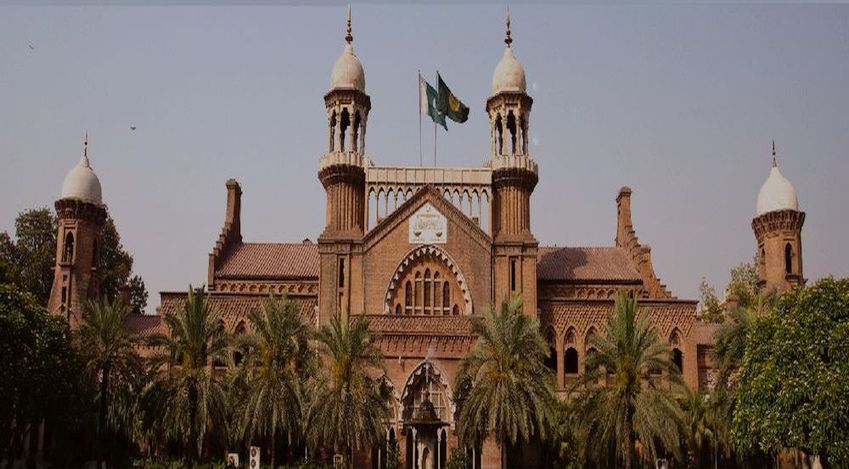The Omission of Rule 17-A of the Punjab Civil Servants Rules 1974 could not be applied retroactively by deprive the individuals whose rights had matured before the Omission --- Lahore High Court, Lahore
Islamabad 21-10-2024: In a significant judgment delivered by the Lahore High Court, the prospective application of the omission of Rule 17-A of the Punjab Civil Servants (Appointment & Conditions of Service) Rules, 1974 was upheld, protecting the rights of individuals whose claims arose before the rule’s omission. Mr. Justice Asim Hafeez, in his ruling, set aside the government’s decision to deny the petitioner’s right to be considered for appointment under the now-omitted Rule 17-A.
The petition was filed by Syed Noor-ul-Hadi Shah who challenged an order dated September 26, 2024, by the Government of Punjab. The petitioner had sought an appointment under Rule 17-A, which provided employment opportunities to family members of deceased or incapacitated civil servants. The rule was omitted through Notification No. SOR-III(S&GAD)2-60/2024 dated July 24, 2024, but the petitioner claimed that his right to be considered for appointment had arisen before the rule’s omission.
The core legal issue revolved around whether the omission of Rule 17-A should be applied retrospectively or prospectively. The government’s stance, as reflected in the impugned order, was that the rule’s omission removed the petitioner’s right to be considered for appointment. However, the Court found this interpretation to be erroneous and clarified that the omission of Rule 17-A applied only prospectively.
Mr. Justice Asim Hafeez ruled that the omission of Rule 17-A could not retroactively deprive individuals whose rights had matured before the omission. The Court highlighted that Rule 17-A was not part of a quota system but rather a compensation mechanism for the families of deceased or incapacitated civil servants, ensuring financial security and employment continuity.
The Court also emphasized that Rule 17-A did not create a vested right but a right to be considered for appointment, subject to fulfilling certain conditions. The Doctrine of Locus Poenitentiae and Section 20 of the Punjab General Clauses Act, 1956, were instrumental in the Court’s reasoning, affirming that the government could not retrospectively apply the rule’s omission to deny rights that had already come into effect.
The judgment allowed the petition, setting aside the impugned order. However, the Court was careful to clarify that the ruling did not automatically grant the petitioner an appointment. Rather, it affirmed the petitioner’s right to be considered for appointment under Rule 17-A, provided all the eligibility conditions were met.
This decision is expected to provide clarity in similar cases where government employees or their families were seeking appointments under Rule 17-A prior to its omission. The judgment underscores the prospective nature of legislative amendments unless expressly stated otherwise and reinforces the importance of protecting conditional rights that arise before a legislative change.
Key Highlights of the Judgment:
- Rule 17-A omission applies prospectively, protecting the rights of individuals whose claims arose before the omission.
- The rule was intended as a compensation mechanism for the families of deceased or incapacitated civil servants, not a quota system.
- The Court ruled that Rule 17-A does not create a vested right but grants a right to be considered for employment based on eligibility.
- The government’s attempt to apply the omission retrospectively was found to be legally unsustainable.
Powered by Froala Editor








